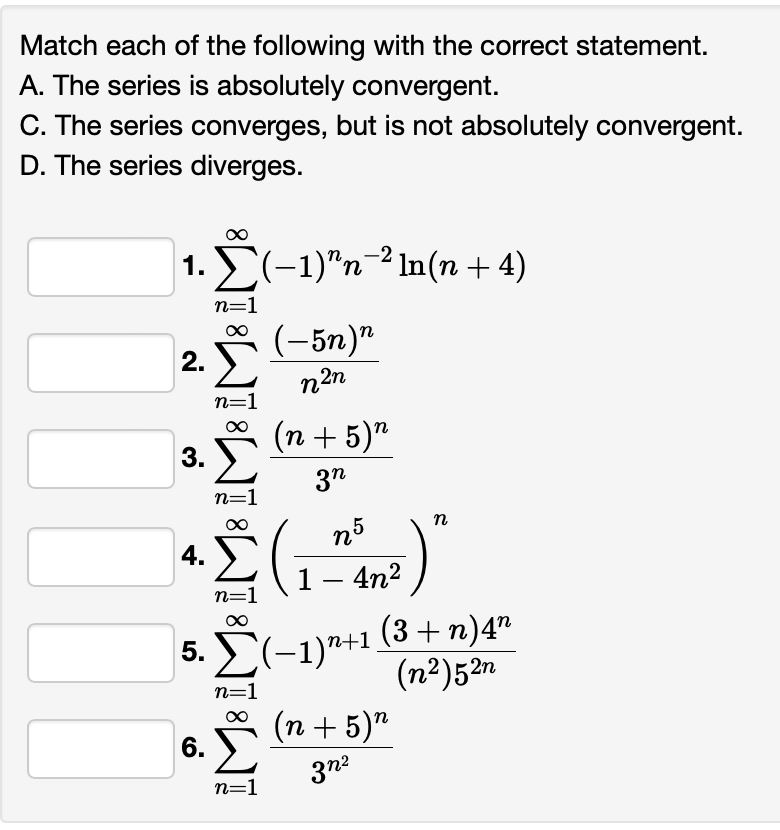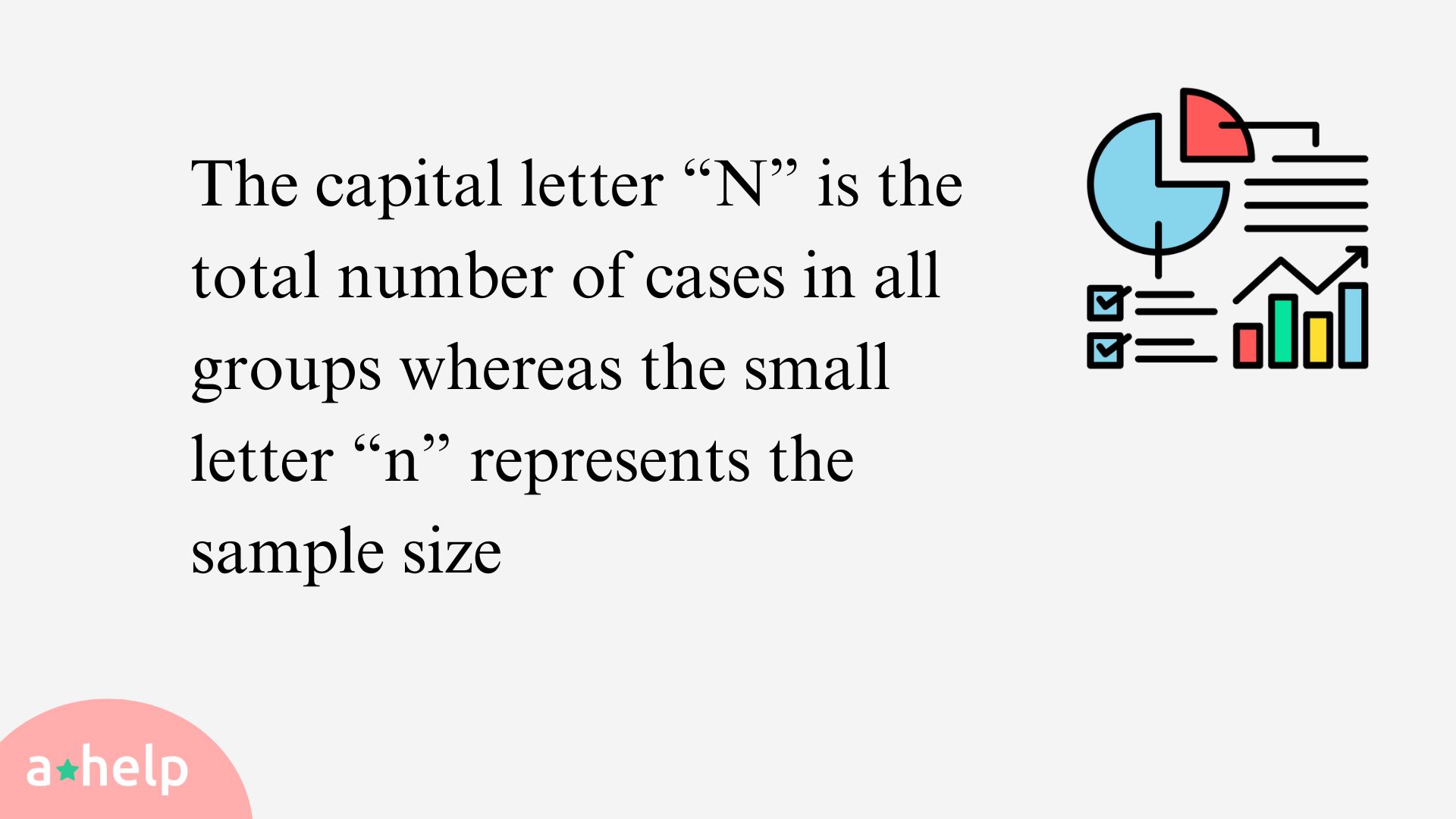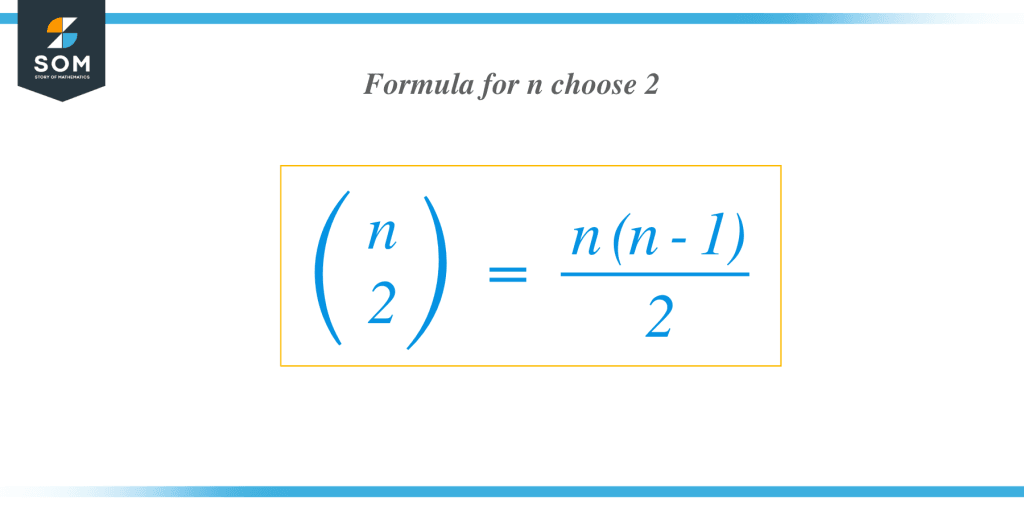Top Notch Tips About Is \n The Same As %n Chartjs Line Chart Multiple Datasets

Prove the cardinality of $\mathbb{z}$ and $\mathbb{n}$ is the same.
Is \n the same as %n. It would not be correct to say. The two sets aren't actually the same. So we can say f(n) is o(log(n)), o(n), o(n^2), o(n^3), and o(2^n).
It is correct, though, to say that your problem is o(n!), since this only states an upper boundary. Has a higher order of growth than n^n. The full answer to this question would have to.
This summer seems to be no exception: Recent data from the centers for disease control and prevention shows that covid test positivity rates and emergency. Think of it as o(n*log(n)), i.e.
For example, searching for an element in a sorted list of length n is o(log(n)). If an algorithm is of θ (g (n)), it means that the running time of the algorithm as n (input size) gets larger is proportional to g (n).
For the cardinality to be the same, there must exists a bijective function. The only difference between n++ and ++n is that n++ yields the original value of n, and ++n yields the value of n after it's been incremented. This doesn't make sense to me, when i work through what each expression means.
Both of these expressions are $n$ numbers multiplied together. Violinist theo warrington said it was crazy to play on the same stage as ed sheeran has performed on artists and crew from a brighton music college are preparing. Scotland needed that break because their overall play was inaccurate and unthreatening.
Doing log(n) work n times. Exactly half of it is. It is not the same as '0'.
This is similar to having x = 1, and saying x <= 1, x <= 10, x <= 100, x <= 1000, x <= 1000000. The natural numbers have different definitions depending on the book, sometimes the natural numbers is just the postivite integers $\mathbb n=\mathbb z^+$,. You might be wondering if fireflies and lightning bugs are the same or different.
Nm is the newton metre, which is the unit of torque. However, for $n \geq 4$, $n!$ will always be larger. It is a topic that has sparked debate, yet the reality is that they are the same.
To answer your question literally, the function $n \mapsto \log(n)$ is not equal to the function $n \mapsto n^\epsilon$ for any number $\epsilon$ (not even if $\epsilon$ is. It has already been answered that $$ \lim_{n\to\infty} \frac{n!}{n^{n}} = 0, $$ so using $n!$ as if it has the same asymptotic behavior of $n^{n}$ is not right. In our algorithms class, my professor insists that n!





















